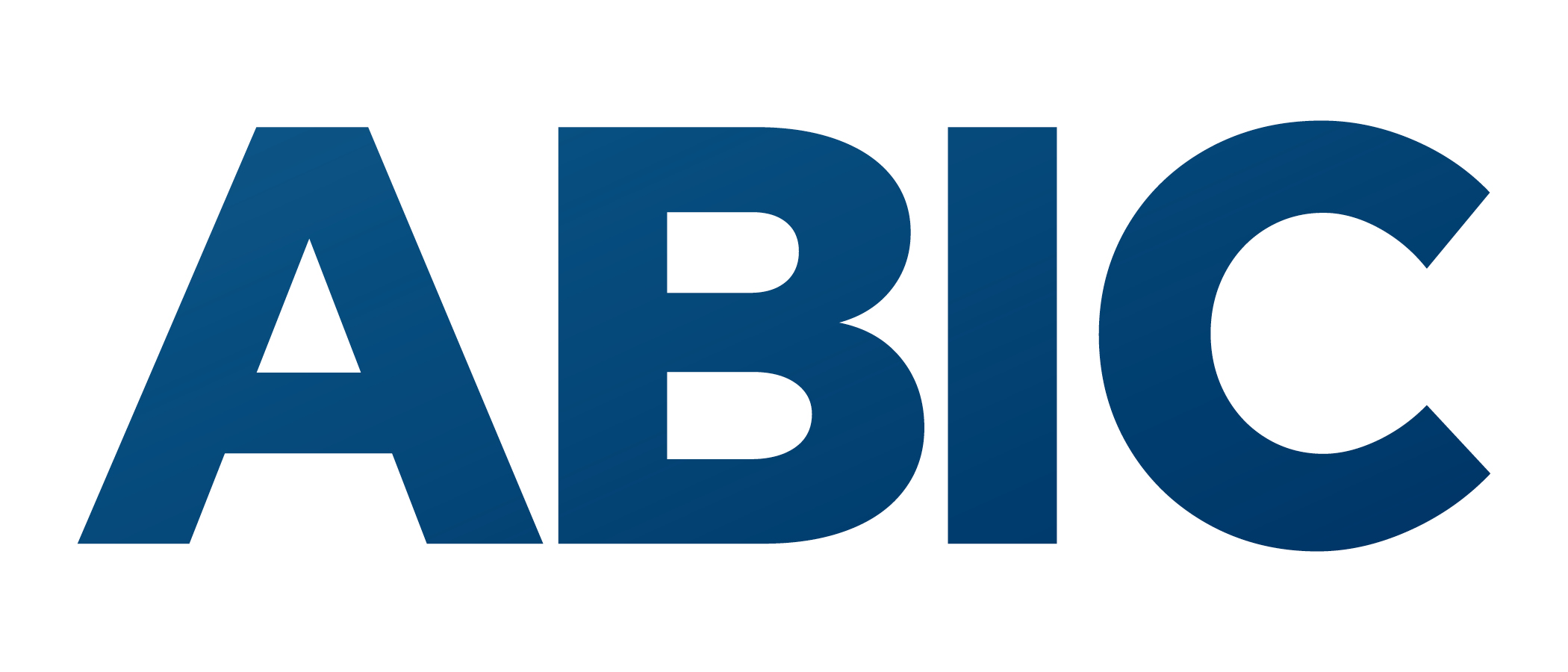Bermuda’s exceptional reputation as one of the premier jurisdictions in this arena comes from its focus on the quality of business rather than the quantity. Multinational companies have used Bermuda as an offshore location since the 1930s, and this has resulted in its developing a time-tested and successful regulatory structure. The Bermuda Monetary Authority continues to screen those who wish to do business in or from the Island. For this reason, Bermuda and its registered companies are highly regarded and are readily accepted by the world’s major governments and regulatory organizations.
Today, nearly every Fortune 500 company has some link to Bermuda, and the Island ranks as one of the top three premier insurance jurisdictions in the world.
Bermuda continues to attract new international companies with its sophisticated workforce and infrastructure, communications and ease of access, as well as its political and economic stability, and the uncomplicated legal framework. All this allows for a streamlined process when establishing a business on the Island.
As a tax neutral jurisdiction, Bermuda does not tax profits, income, dividends or capital gains. It imposes no estate duty or death duty. Profits can be accumulated and there is no obligation to pay dividends.
Organizational structures
Organizations can use a variety of company and partnership structures to develop a presence in Bermuda. The most common form is the exempted company, and the most prevalent business activity is investment holding. However, exempted companies also engage in insurance, commercial trading, investment and shipping.
An exempted company is “exempted” from provisions of Bermuda law applying to local companies. This includes a restriction on the share capital which may be owned by non-Bermudians. Exempted companies are therefore usually owned by non-Bermudians and, although incorporated in Bermuda, are normally allowed to carry on business from within Bermuda in connection with transactions and activities external to Bermuda. Bermudians are now allowed to hold up to 80% of exempted companies.
Collective investment schemes, trusts and settlements, and partnerships are other forms of business that can be established. Under certain circumstances, overseas companies may receive permits to operate outside Bermuda from a place of business inside Bermuda.
Regulatory bodies
The Bermuda Monetary Authority (BMA) acts as Bermuda’s principal regulatory body. It is responsible for processing applications for incorporation and approving the issue of shares. It approves the beneficial ownership of all entities created in Bermuda, and supervises and regulates the financial services sector. The BMA also acts as a central bank, advising the Government on banking, financial and monetary matters.
The Registrar of Companies, previously a department of the Ministry of Finance, is now a division of the Bermuda Monetary Authority. It monitors and regulates all companies operating within Bermuda. The Registrar’s responsibilities include incorporating and registering new companies and international partnerships, granting licenses to allow overseas companies and partnerships to do business on the Island, collecting and storing public documents such as prospectuses, and registering charges against companies.
Links
Business Information / Associations
Association of Bermuda Insurers & Reinsurers: www.abir.bm
Bermuda Business: bda.bm
Bermuda Chamber of Commerce: bermudacommerce.com
Bermuda Employers Council: Facebook page
Insurance Advisory Committee: www.bermuda-insurance.org
Financial / Legal
Bermuda Registrar of Companies: roc.gov.bm
Bermuda Monetary Authority: bma.bm
Bermuda Laws on Line (Government of Bermuda): www.bermudalaws.bm
Education
Bermuda Foundation for Studies in Insurance: bfis.bm
Bermuda Insurance Institute: bii.bm



